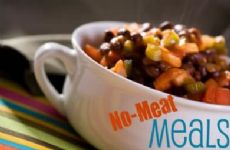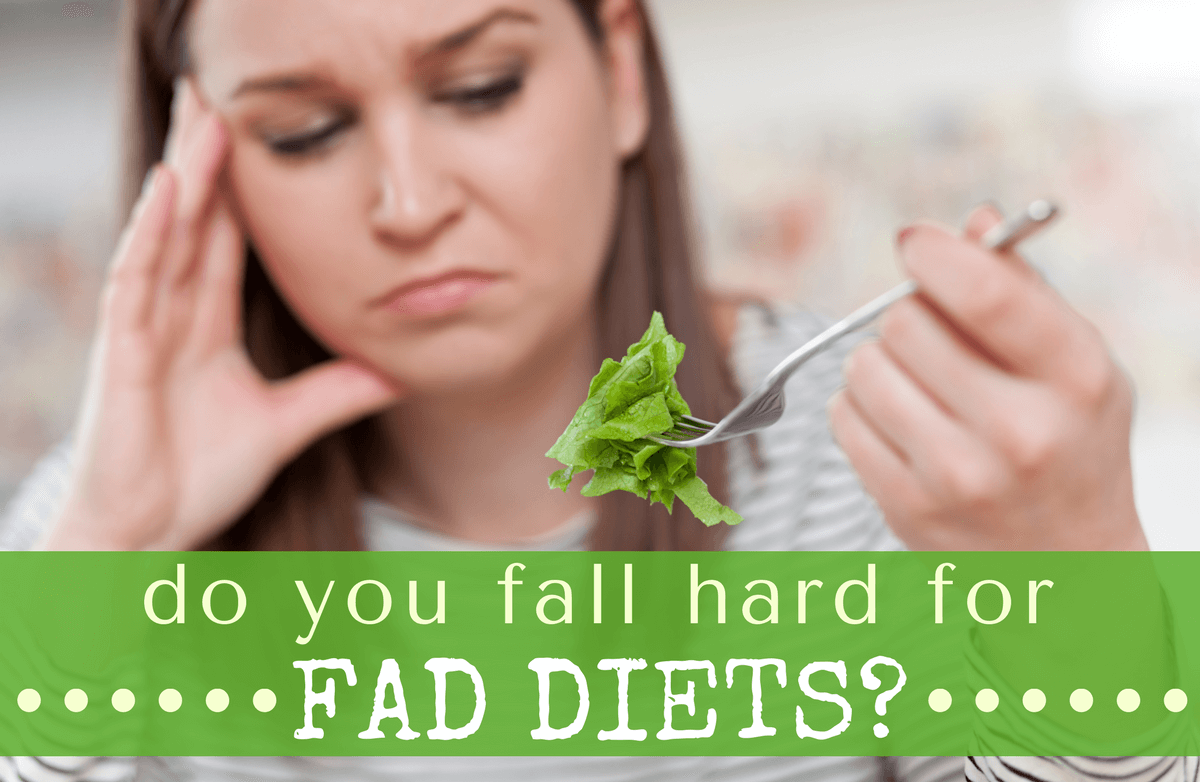|
Great question. It's more often that we hear the possible health benefits of a vegetarian diet touted than we ever hear people talking about it possibly being unhealthy. But generally speaking, research shows that a well-planned vegetarian diet can be extremely healthy. Plant-based foods are naturally low in fat (and most often feature heart-healthy fats), are free of cholesterol, and are high in fiber, phytochemicals, antioxidants, vitamins and minerals. In fact, the Academy of Nutrition and Dietetics has reported that vegan and vegetarian diets can significantly reduce one's risk of contracting heart disease, colon and lung cancer, osteoporosis, diabetes, kidney disease, hypertension, obesity, and a number of other debilitating conditions. They key is being planful and smart about your diet. Any diet that overemphasizes certain food groups and limits or avoid others can run into problems if you're not careful. Many vegetarians aren't necessarily making balanced or healthy choices just because they are avoiding meat. Even without consuming animal products, many vegetarians (and even vegans) can still eat too processed, fatty, high-sugar foods, and not enough fruits, vegetables, protein or whole grains. So, as you can see, just being vegetarian doesn't necessarily mean you're healthy. The biggest mistake I see vegetarians make (and I've been there myself, too) is removing foods (like meat, dairy, eggs, etc.) but not replacing these foods with plant-based alternatives that are similar in nutritional value. For every food group a vegetarian or vegan removes from his or her diet, something has to be added back in for balance. That means:
Also, there are several nutrients that vegetarians and vegans need to make sure they're getting. Vitamin B-12, for example, is hard to come by in plant foods. Vegetarians and vegans need to be conscious about this nutrient (available in vegetarian supplements and fortified in nutritional yeast and some other foods), along with adequate calcium intake (found in dark leafy greens, almonds, broccoli, and fortified drinks/foods). Still some other vegetarians might want to monitor their intake of other nutrients like iron. Here's a list of the seven key nutrients vegetarians should make sure they're getting. When done right, a vegetarian or vegan diet can be very healthy. But it's important to include plenty of highly nutritious foods into your diet at the same time. That said, no amount of research can show the individual differences and responses people might encounter when applying any diet. While your friend may have lost weight and felt better by going vegetarian, the same might not be true for you. Some people, no matter how planful, might simply find that they do not thrive on this style of eating. You may find, for example, that simply "going veg" for a few meals per week (called "flexitarian" or "semi-vegetarian" eating) gives you the health benefits you're looking for while keeping your energy levels high and your nutritional needs met. Then again, you might simply be a person who looks, feels and performs best while keeping meat in your diet. For additional support and ideas, check out the SparkTeam Calling All Vegetarians & Vegans!, which is full of experienced and new vegetarians and vegans who are happy to offer advice. What's your experience with vegetarian eating? Do you think it's right for you? Did you experience any negative consequences from becoming vegetarian? |
More From SparkPeople |

.jpg)


.jpg)















